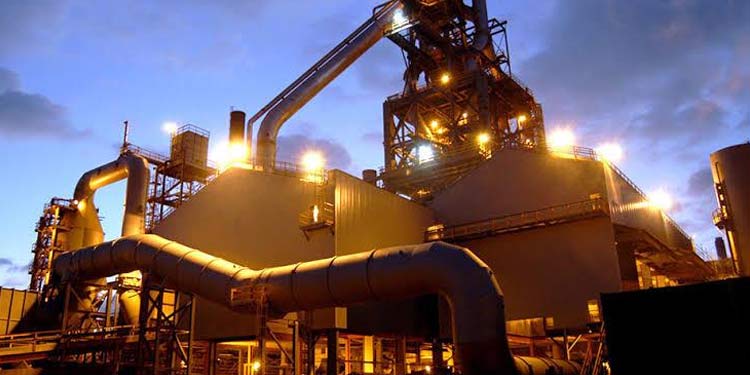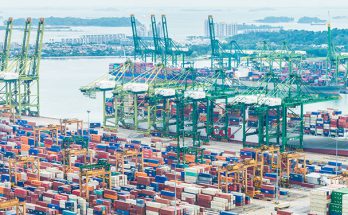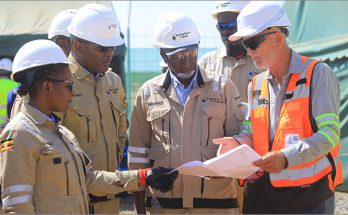 A recent Westwood study showed a possible US$65 billion worth of stalled oil and gas resources worldwide, with the largest amount of stalled gas located in the Ruvuma-Rufiji basin of Mozambique and Tanzania.
A recent Westwood study showed a possible US$65 billion worth of stalled oil and gas resources worldwide, with the largest amount of stalled gas located in the Ruvuma-Rufiji basin of Mozambique and Tanzania.
This oil and gas, potentially worth more than US$65 billion and costing an estimated US$24 billion to be discovered, represents 40% of the amount contained in the high impact discoveries of the time. The stir shows where these resources are situated, why they’re stranded, and how big an opportunity they serve.
The largest amount of stalled gas is contained in the Ruvuma-Rufiji basin of Mozambique and Tanzania, where 166 tcf were discovered between 2010 and 2015, while only 38 tcf showed any indication of development and 128 tcf of gas remained stalled. Brazil has the largest waste oil (and condensate) reserve, estimated at 3.8 bnbbl in 19 HI discoveries in five geological basins.
Approximately 16.5 tcf of gas remains stalled in Iraqi Kurdistan, three bnboes of oil and gas (split 50:50) are stalled across Angola’s Kwanza and Lower Congo basins, and 14 tcf of gas remains in the Browse and Carnarvon basins of Australia. More than 500 mmboe was stalled in Nigeria, Malaysia, Gabon, Vietnam, USA, Romania, Uganda, Cyprus, Canada and the Falkland Islands.
Westwood listed 26 separate contributing factors. Above the field, access to finance and portfolio prioritisation are the most common considerations, with the fiscal regime/gas in the host country. Subsurface considerations include fluid composition, reservoir quality and compartmentalization.
In Tanzania, for example, 14 deep-water gas discoveries clustered in five potential projects are stalled due to a combination of above-ground and sub-surface issues. The concerns posed above are mainly linked to long-term gas negotiations with the Tanzanian government. Reservoirs are more compartmentalised than in neighbouring Mozambique, with lower resource densities and higher construction costs.
Seven pre-salt discoveries are stalled in Angola’s Kwanza basin due to a combination of above-ground and sub-surface issues. The discovered hydrocarbons are rich in gas and only since 2018 have operators had access to gas under production-sharing agreements. The financial difficulties of the operator Cobalt International and its subsequent replacement by Total did not help the production of capital either.
It is both disappointing and surprising that 40 per cent of the resources established in the discoveries (100 million boe sizes) made between 2008 and 2016 remain stalled, with no assessment activity or signs of FID development since 2016. These frozen assets are an opportunity for businesses with the resources to unlock them. Likewise, explorers are reminded to concentrate on meaning, not just number. Better terms of gas and market access could unlock a vast stranded resource.In other cases, new operators with new thinking could make the difference.



